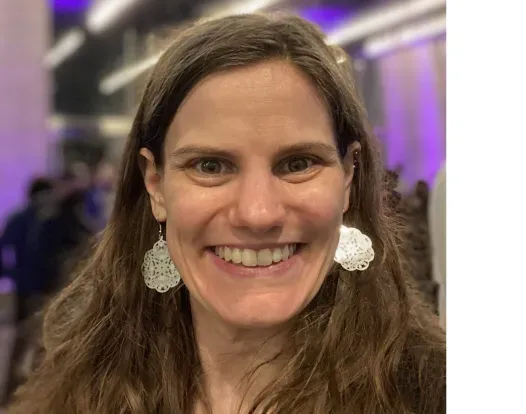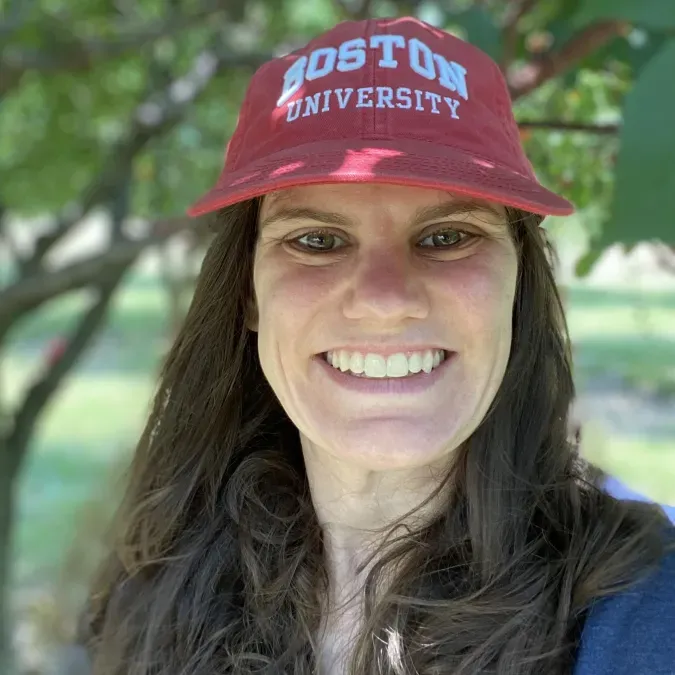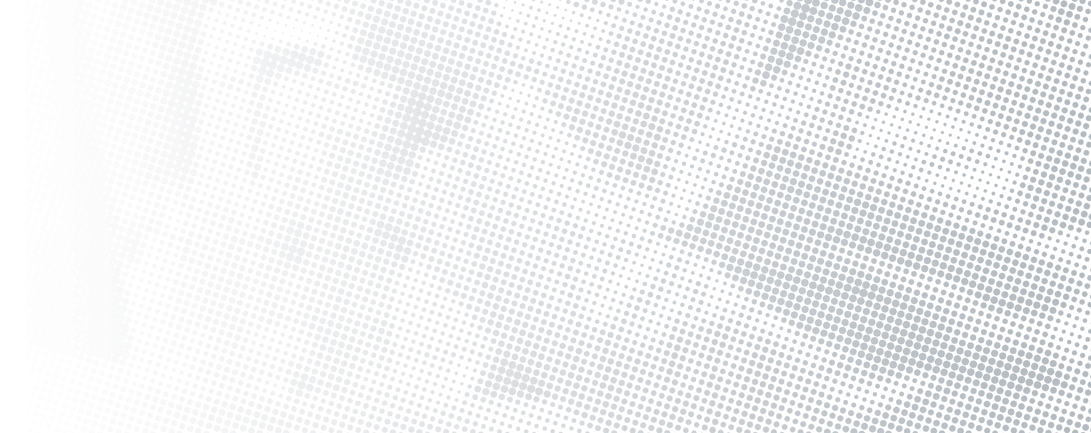Hear candid conversations between people conquering cancer – patients, their family and friends, and doctors and researchers working to help us all.
Even when young patients survive cancer, its challenges often remain with them for the rest of their lives. Carly Flumer survived thyroid cancer in her late 20s and learned invaluable lessons about communication between doctors and patients. Now 32, she is helping other adolescent and young adult patients navigate the unique challenges they face during and after treatment.

Adolescents and young adult (AYA) patients (ages 15-39) with cancer face unique obstacles: financial barriers, social isolation and stigma, disruption to career and educational prospects, tolls on mental and emotional well-being, decisions around fertility, ensuring their voice is included in their care plans, and concerns of cancer returning later in life.
Now in remission, Carly shares her experiences with fellow AYA survivor, Dr. Mark Lewis, and explains why she now advocates for other AYA patients.

WHAT YOU'LL HEAR IN THIS EPISODE:
• Tips for navigating cancer care as an AYA patient
• The importance of health literacy in the oncology space
• Why Dr. Lewis encourages patients to record their visits
• Why Carly believes doctors should use the Teach Back Method to help patients
• The value in finding support groups for AYA patients
In early 2017, Carly went through surgery to remove her thyroid gland and several rounds of radiation treatment while working full-time and attending graduate school. She developed strategies for acquiring support and balancing the demands of treatment with hospital care work and academic commitments.
"Since I worked in a hospital, they were very understanding. And then with school, I was emailing professors and telling them I’ll be going into surgery for cancer and that I’ll need extensions,” says Carly. “I would say it was difficult to manage, but it was manageable because of the support I had.”
Later that year, Carly reached remission, but as 2021 began, an image revealed radiation had not fully dissolved the disease. An eye-opening visit with her surgeon helped Carly adapt to the daunting reality that cancer can return much earlier in adulthood, not just later in life.
“He said, ‘This may not be the last time you see me for this.’ That’s something I won’t forget,” says Carly. “I think it’s always in the back of my mind, or any patient’s mind, like, ‘when is this going to come back?’ especially as an AYA because we have longer periods of life to live.”
Centering the Patient
Effective patient-doctor communication is vital to cancer care for patients at every age and can be especially helpful for AYA patients experiencing the many life stressors unique to this age group. Carly recalls being overwhelmed as her surgeon explained the biology of her disease and the science surrounding the treatment he was proposing. Carly's surgeon picked up on her need for a different style of communication and pivoted to a visual approach, drawing a diagram to help deliver the information in a more digestible way.
The moment meant a lot to Carly.
“He was like, ‘let me explain it in a different way,’ and he drew me a picture. And for me, that was a big deal,” says Carly. “For him to use a different learning method to help explain that to me was fantastic.”
She also elaborates on how providers who practice a values-first approach to cancer care can make a difference for patients and survivors.
“My physician, he asked me, ‘What do you value in terms of your care, besides a good outcome?’ For me, it was quality of life,” says Carly. “For him to ask me that was really important, because it made me feel like he was treating me as an individual and he was making sure my wishes and values are respected.”

